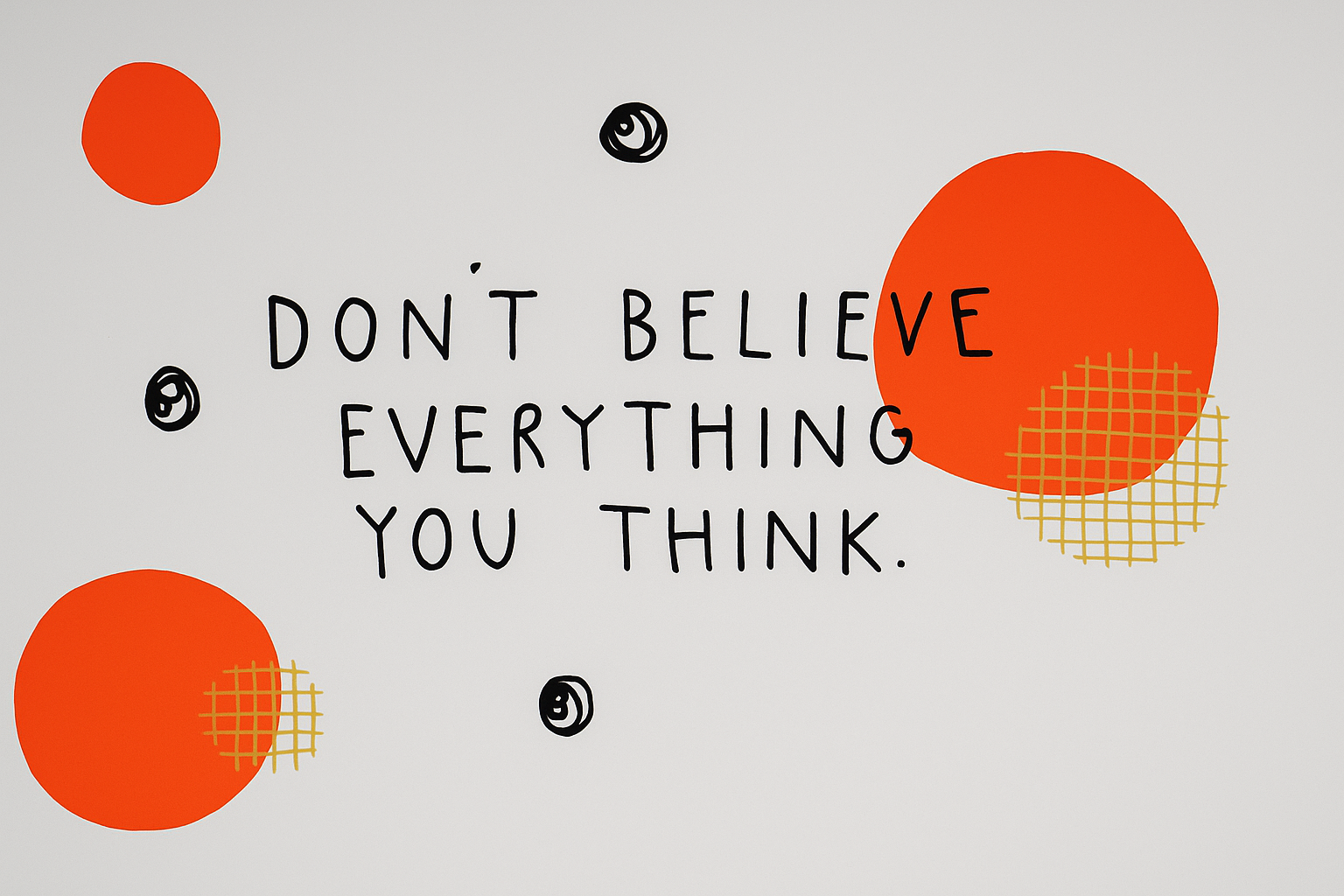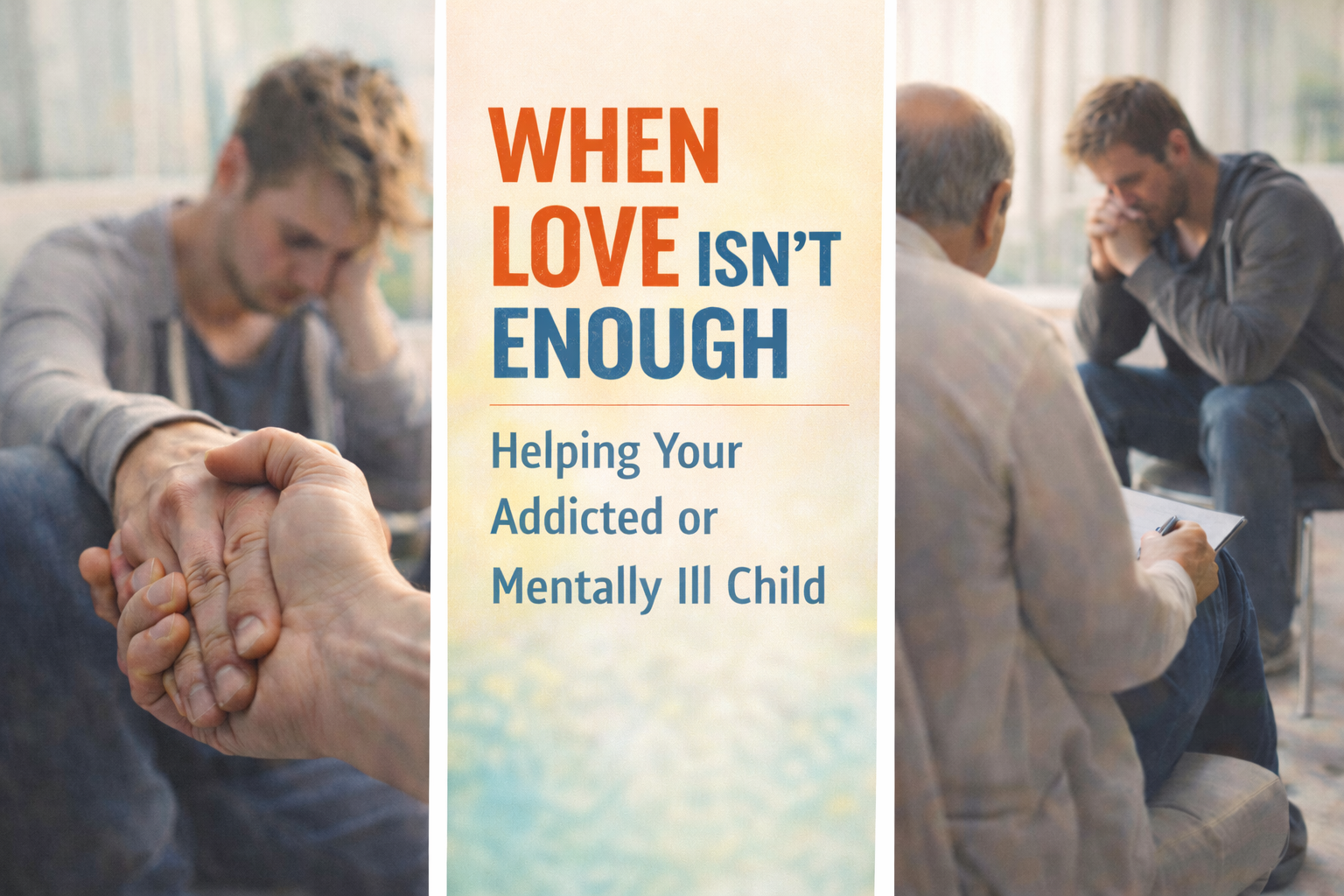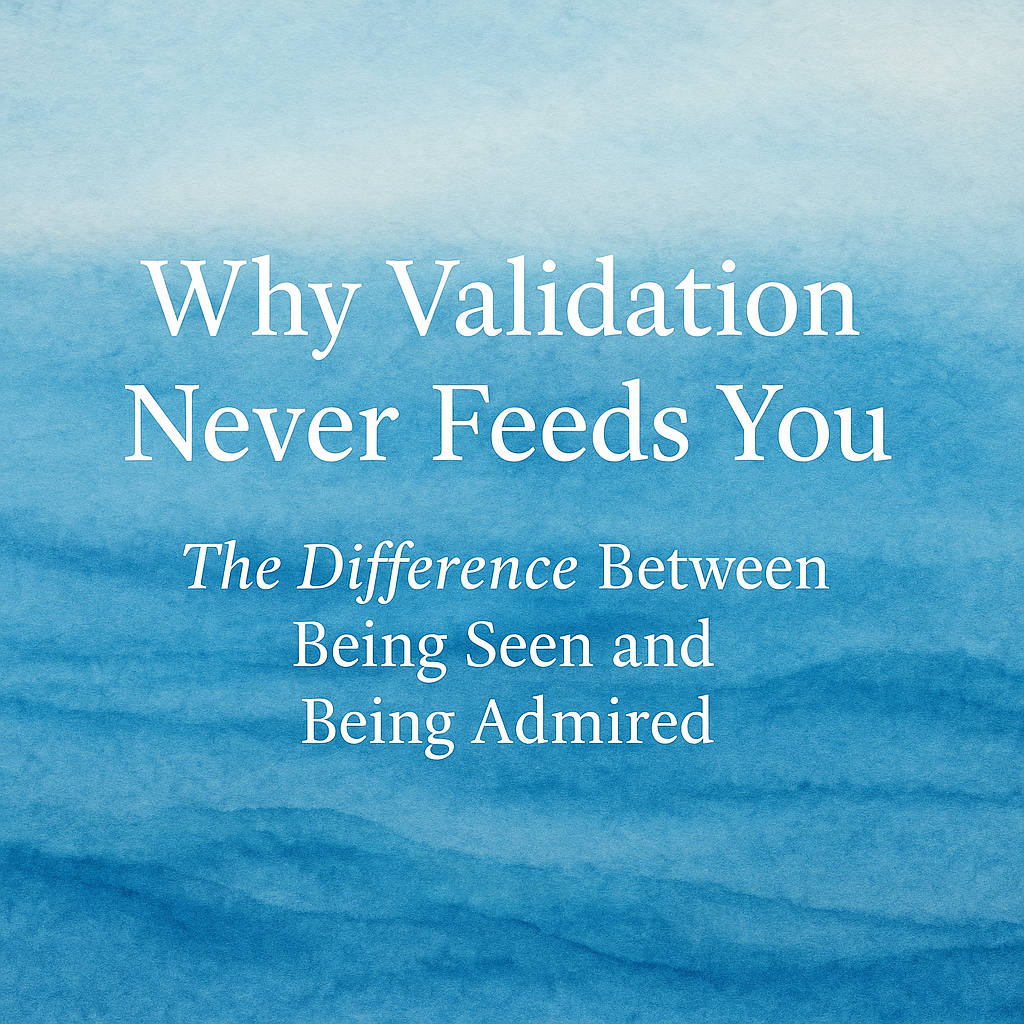Most people believe their thoughts are true. They feel real, sound familiar, and often echo the voice we’ve come to identify as our own. But here’s a radical idea: just because you think something doesn’t mean it’s true.
Much of our suffering doesn’t come from the world around us—it comes from our interpretation of it. It comes from believing every passing idea our mind offers up. That inner monologue running all day? It’s often less of a wise narrator and more of an anxious overthinker with a flair for drama.
Thought Is Not Truth
Our brains are meaning-makingMeaning-Making is the process through which individuals derive significance from their experiences, … machines. They analyze, judge, predict, and comment endlessly on everything. And while this is useful for navigating the world, it becomes a trap when we fail to see the difference between a thought and a fact.
You might think, “I’m not good enough,” or “I always mess things up,” or “People don’t really like me.” These feel like truths because they’ve been repeated often or showed up during emotionally intense moments. But they’re still just thoughts—mental habits dressed up as truth.
The more we believe them, the more our world starts to reflect them. It becomes a feedback loopA Feedback Loop in group therapy refers to the ongoing exchange of responses among members regarding…: our inner dialogueInner Dialogue refers to the ongoing internal conversation individuals have with themselves, encompa… shapes how we feel, how we act, and how we perceive other people and situations.
Feelings Come From Thought, Not Circumstance
There’s a common belief that our emotions come from what’s happening in our lives: the job we lost, the breakup we’re going through, the family member who won’t change. But the deeper reality is that our emotions stem from the meaning we attach to those events. And that meaning is created by thought.
This is why two people can go through the same experience and feel completely different. One sees a layoff as proof of failure; the other sees it as freedom. The circumstance is the same. The emotional experience is wildly different. Why? Because of thought.
When we fully understand that our suffering is thought-generated—not event-generated—we begin to gain freedom. It means we don’t have to change the world to feel better. We only have to recognize the inner process.
You Are Not Your Mind
Here’s where everything shifts: the voice in your head is not you. It’s part of you, sure. But it’s not your essence. You are the observer behind the thought—the presence that notices the chatter, not the chatter itself.
This realization is like stepping out of a noisy room and realizing you’ve been trapped inside it for years. Once you can watch your thoughts instead of getting pulled into them, you create space. In that space, peace enters.
True clarity, presence, and emotional well-being come not from managing your thoughts, but from seeing them for what they are: temporary, often inaccurate, and not worthy of blind belief.
The Power of Stillness and InsightInsight refers to the understanding and awareness clients gain about their thoughts, feelings, and b…
When the mind quiets, clarity arises. Not because you’ve figured everything out, but because you’re no longer entangled in the noise. Insight—the deep kind that changes you—doesn’t come from more thinking. It comes from stillness.
This is why practices like mindfulnessMindfulness in CBT involves focusing on the present moment without judgment. It helps individuals be…, therapy, or simply sitting quietly without distraction are so transformative. In the silence, you start to see the mind’s patterns, and in that awareness, something deeper wakes up.
You don’t have to believe every thought to move through life. You don’t need to fight them, analyze them, or replace them with “better” thoughts. Just see them. Let them pass like clouds in the sky. When you do, what’s left is a quieter, more centered version of yourself—one that’s always been there underneath the noise.
Closing Thought:
Suffering often begins when we mistake the voice in our head for truth. But freedom begins when we see thoughts as just thoughts. You don’t need to fix the story—just stop confusing it for reality.





